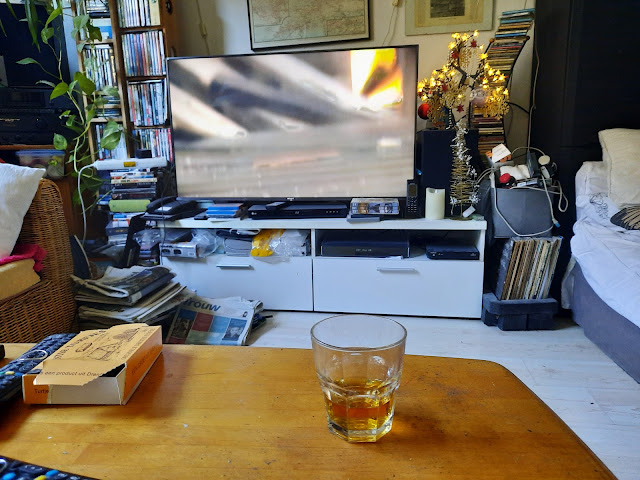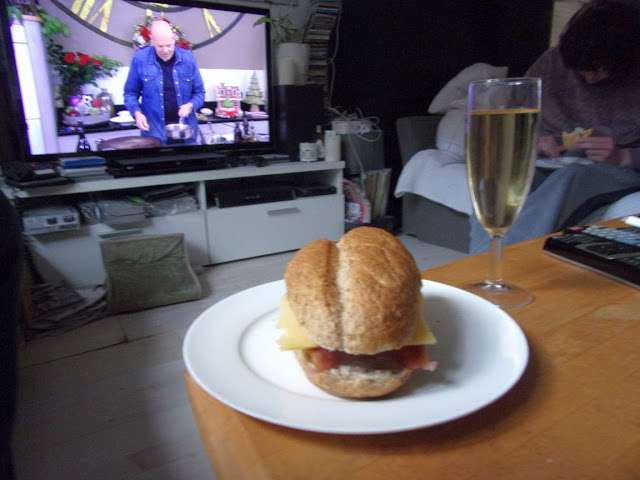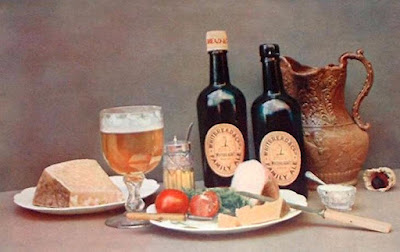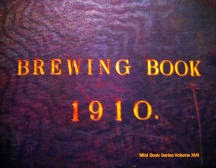It's a slightly odd item about a patent on a type of crate.
"DUTCH FIRM'S APPLICATION GRANTED
Expressing the view that it was a reasonable application Mr. Justice Kingsmill Moore granted an application in the High Court on behalf of Messrs. Heinekens Bierbrouwerij Mattschappij. N.V. of Amsterdam, to extend the time for the filing of a petition for the extension of the period of a patent. He granted the extension to April 30.
Mr. Kenny, S.C., who, with Mr. Y. Danaher (instructed by Messrs. Bennett and Walsh) appeared for the firm moved on the affidavit of Mr. Thomas E. P. Bennett. solicitor, in which it had been stated that Messrs. Heinekens were the registered proprietors of the patent which related to an invention of a type of wooden box, or packing case for holding bottles and a method of placing bottles in it.
The patent, the affidavit stated, was first granted on June 19, 1935, to Mr. John Patrick Fitzgerald. No. 12A Mountpelier Hill, Dublin. The company were first registered as proprietors of it on October 16, 1935, under an assignment of September 2, 1935, from Mr Fitzgerald. It was due to expire on January 31.
GERMAN OCCUPATION
As a result the occupation of the Netherlands by the German armed forces during the recent war and the consequent destruction of property and disruption of business and communications, the company's business had been seriously disorganised for a long time, most of their documents and records had been lost or destroyed, especially at their offices in Rotterdam, and communication with their agents and representatives in other countries, particularly in Ireland, was impossible. Their normal routine business relations with Ireland were only recently restored.
It was not until last August that they had become aware that the patent would expire on January 31. That information had been conveyed to them by Messrs. Legg Brothers, Dublin, the who were the licensees of patent in the Republic of Ireland, it was stated in the affidavit."
Irish Independent - Tuesday 19 December 1950, page 7.
Not so sure Heineken were being totally honest. There are plenty of pre-war and wartime documents from Heineken's Rotterdam brewery in the archives. I think they're playing on the bombing of Rotterdam. Which didn't affect Heineken's brewery there.























































































































